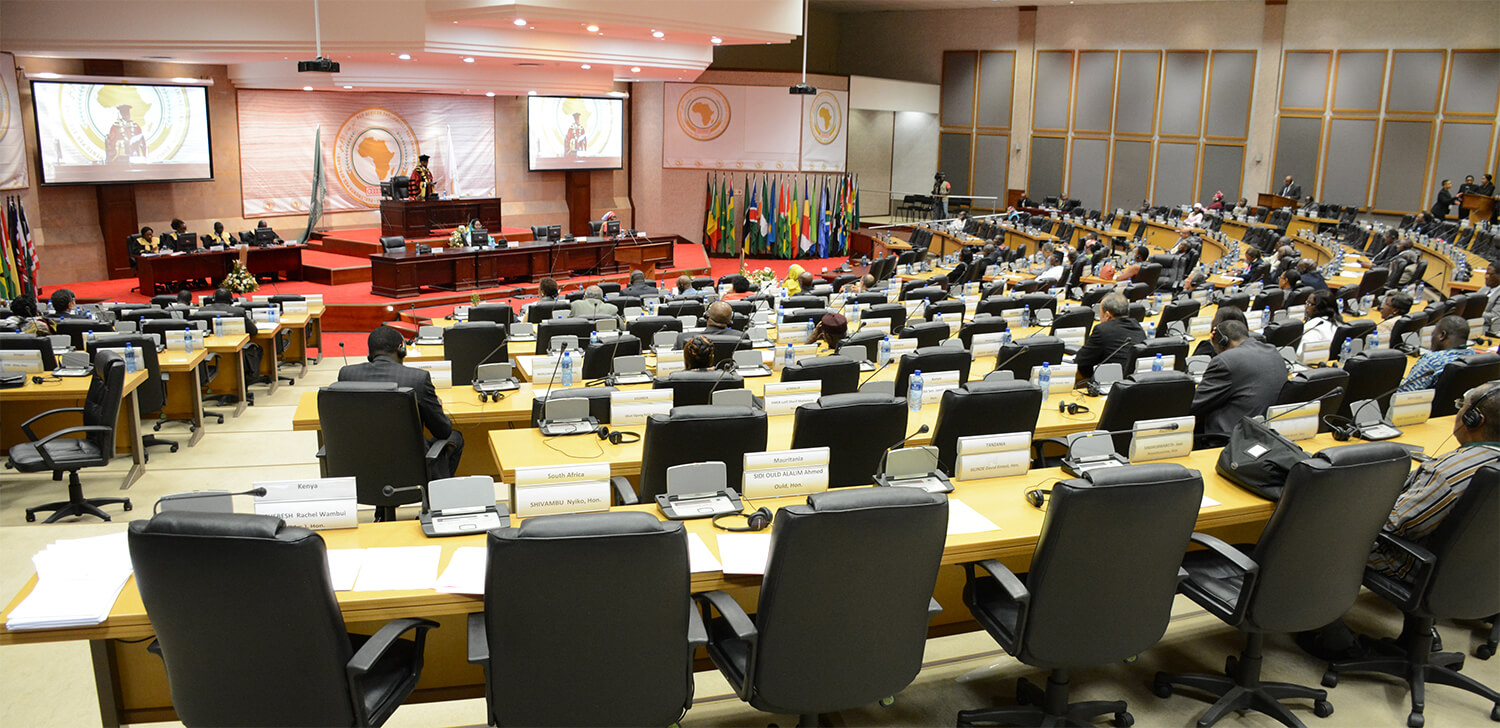A Propos

About Us – Historical Context (Should be in timeline format)
- In 1961, Ministers of Education and Scientific Research expressed their intention to establish an institution capable of developing their countries through Education
- In 1973, the African Bureau of Education Sciences (BASE) was finally formed established, bringing their intentions to actions.
- It was operationalized in 1975 and hosted by the Faculty of Educational Sciences of Kisangani of Zaire.
- In 1986, at the 43rd Ordinary Session of the OAU, it became a Specialized Agency of the OAU (CM/RES.1032 XLIII) with missions to promote and encourage scientific research in Education; to harmonize intervention programs in Education Development; to organize written and oral presentations and reports to Member States on experiments undertaken and results achieved.
- In 2001, during the XIIIth ordinary session of the Executive Committee of Ministers of Education of BASE thoroughly restructured the institution. It was renamed from the African Bureau of Educational Sciences (BASE) to Pan African Institute for Education for Development (IPED)
- In 2006, the IPED became the Observatory for Education in Africa – to the African Union Commission.
Mission and Objectives
Pan-African Institute for Education for Development (IPED, is a specialized institution of the African Union, tasked with the responsibility to function as Africa’s Education Observatory. This is a central role in ensuring quality, responsive, and inclusive education development in Africa based on sound, accurate and timely information, to meet the individual and collective goals for the development of human resources and intellectual capacity in Africa. IPED transformed from the OAU African Bureau for Science and Education (BASE).
EMIS:
Education Management Information Systems (EMIS) presents perhaps the most crucial area of focus in education development in Africa. Robust EMIS is essential for effectual policy development based on sound, accurate, timely and meaningful statistical information. Quality EMIS enables an accurate portrayal and accounting of the education situation that is necessary for good planning and development of appropriate interventions.
AU Education, Science, Technology and Innovation department has facilitated with partners that Regional Economic Communities develop their own regional EMIS Norms and Standards (based on the continental framework) using the expertise of EMIS experts in Member States’ Ministries of Education. To date, SADC, ECOWAS and EAC have adopted their own EMIS Norms and Standards codes of practice and are currently assessing their member states compliance on these frameworks by using peer review by Member States. The AU Education, Science, Technology and Innovation, with its key technical partner in this area – Association for the Development of Education in Africa (ADEA) – undertook an assessment of ECCAS member states EMIS capacities in 2010 and a regional capacity building report was developed in 2011. This foundation needs to feed into an endorsement of best practices by developing agreed norms and standards.








